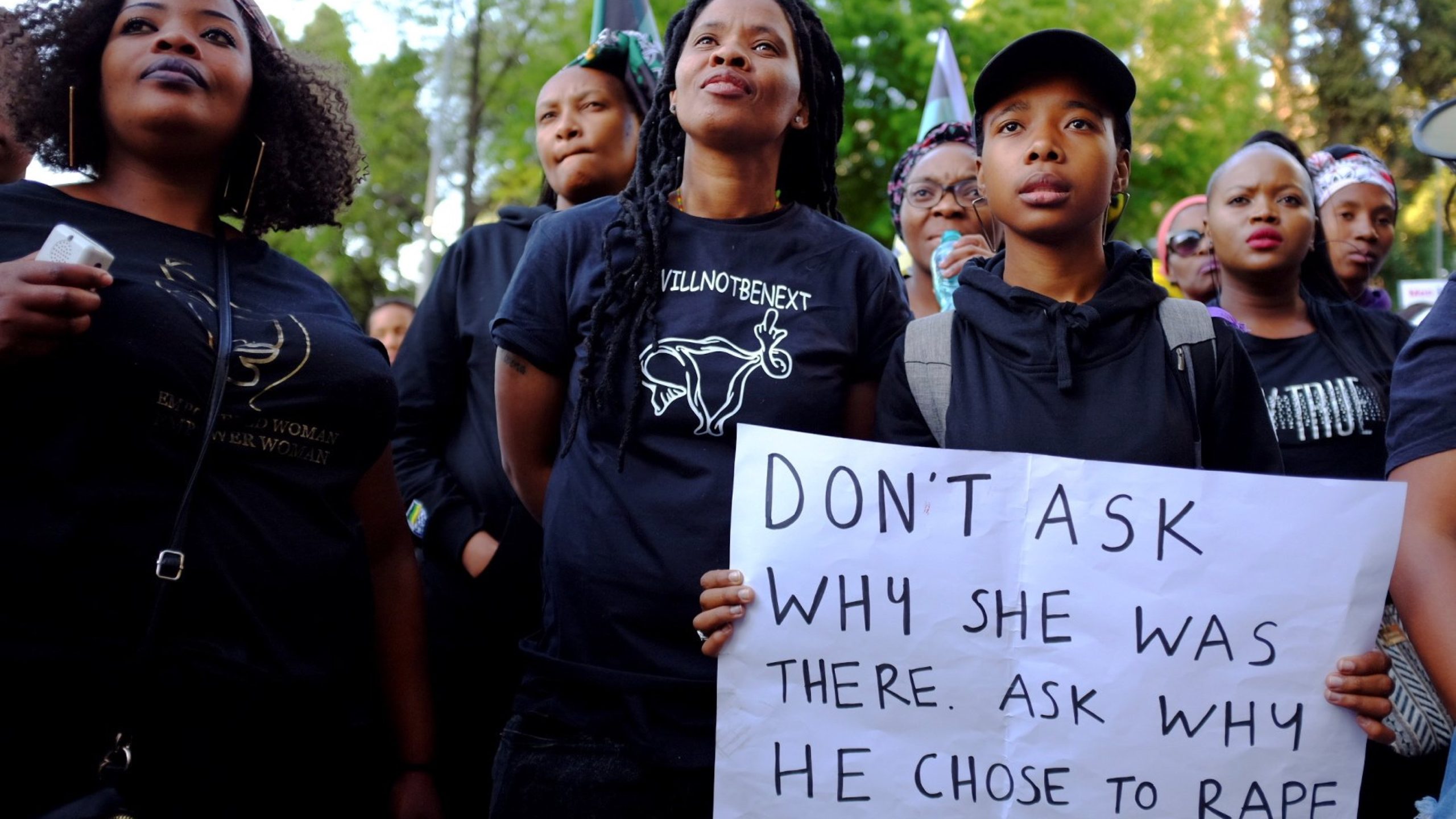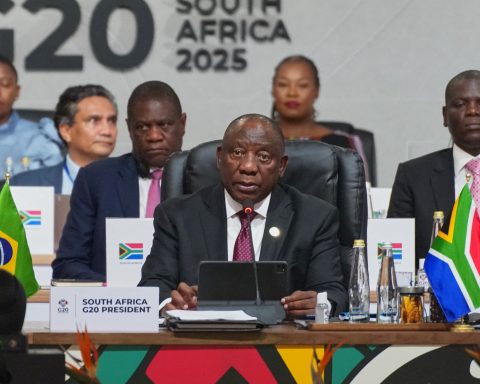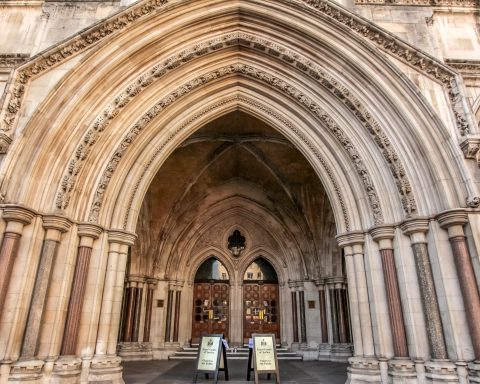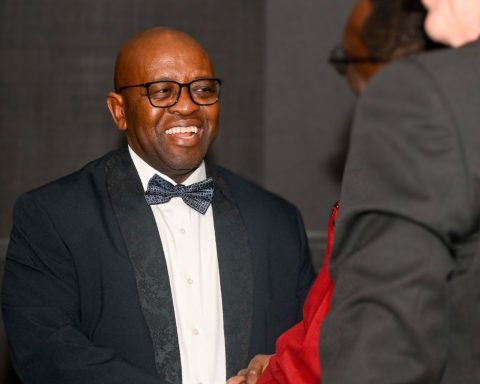Six years after Uyinene Mrwetyana’s murder, students, parents and schoolboys marched from CPUT’s District Six campus to Parliament. They demanded action against gender-based violence in South Africa. The Uyinene Mrwetyana Foundation led the walk, urging boys and men to help shift harmful attitudes. UCT’s Prof Elelwani Ramugondo told crowds that violence against women “continues to be used as a weapon of war.”
Stark Numbers Show a Deepening Crisis
Recent reporting underscores how gender-based violence in South Africa harms millions. The Centre for the Study of Violence and Reconciliation says 51% of women have experienced GBV. Meanwhile, 76% of men admit to perpetrating violence against women. An HSRC baseline survey finds 33.1% of women aged 18+ have endured physical violence in their lifetime—about 7.3 million women. Notably, South Africa ranks third globally for rape rates, with only Botswana and Lesotho higher.
Justice System Gaps—and Limited Gains
Authorities have set up 63 Thuthuzela Care Centres to coordinate medical, psychosocial and legal support for survivors. Cases reported directly through these centres achieved a 78% conviction rate last year, including 221 life sentences. However, survivors still face intimidation, missing dockets and slow cases, which fuel distrust in the system.
Government Pledges Tougher Measures
Justice Minister Mmamoloko Kubayi says government is expanding sexual offences courts and upgrading 100 district courts to handle domestic violence.
“Remaining silent is not an option,” she said, adding that the GBV and Femicide National Strategic Plan guides current efforts.
‘Boys and Men Must be Part of the Solution’
March organisers stressed prevention alongside accountability. UCT SRC president Thando Lukhele highlighted programmes that teach boys to reject “rape culture”.He called for the state to prioritise GBV with budget-level urgency. For marchers, the message was clear: ending gender-based violence in South Africa requires whole-of-society action—now.






